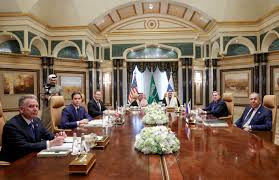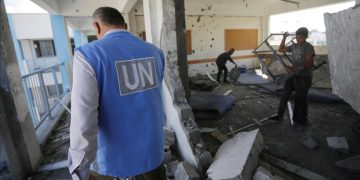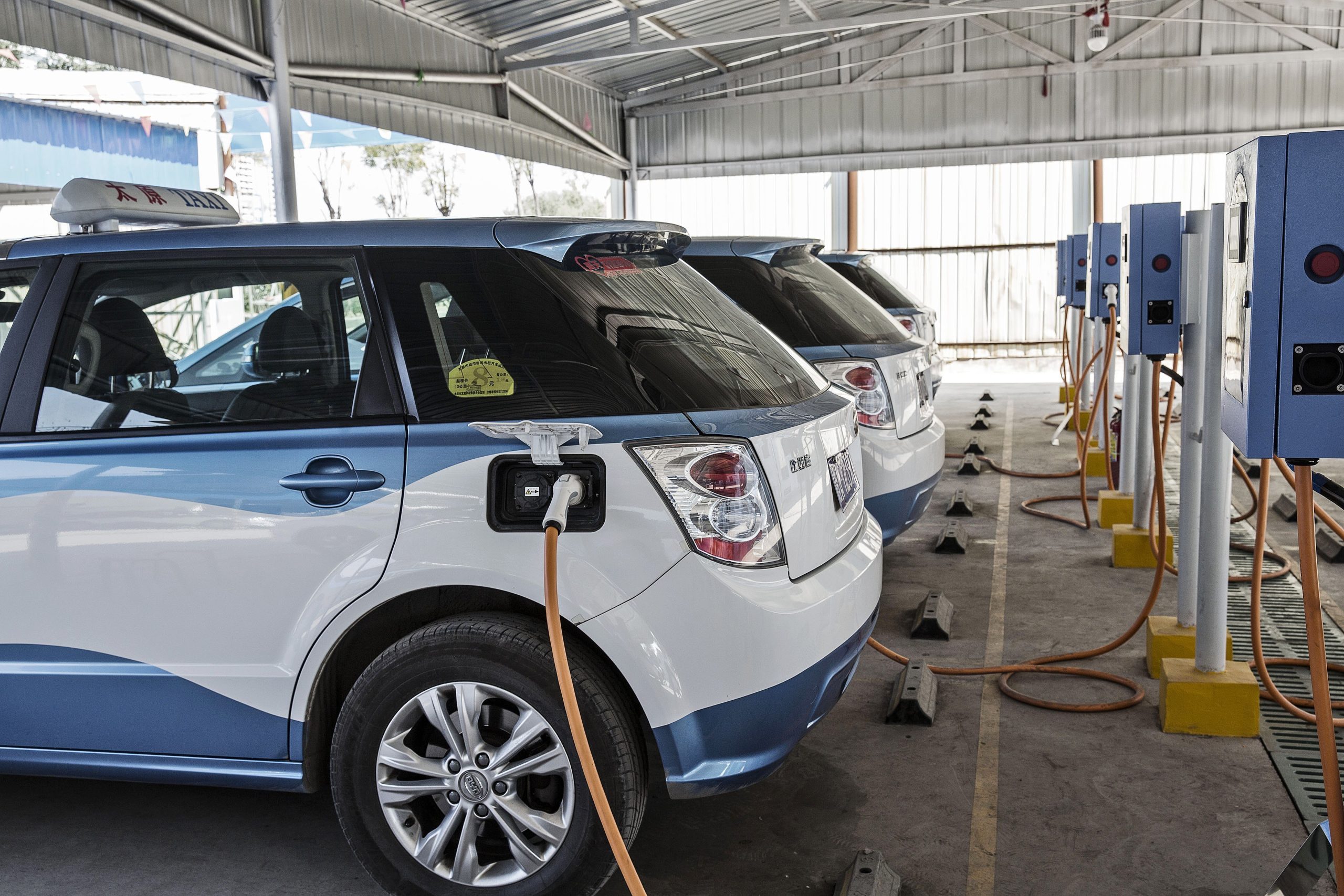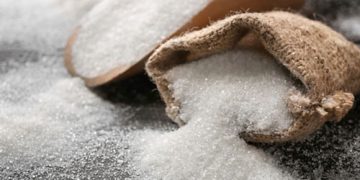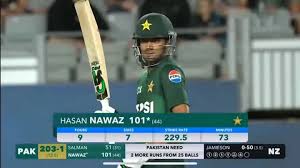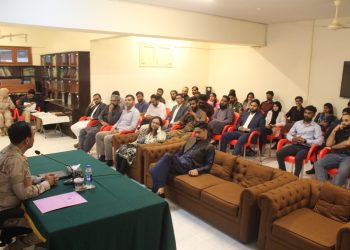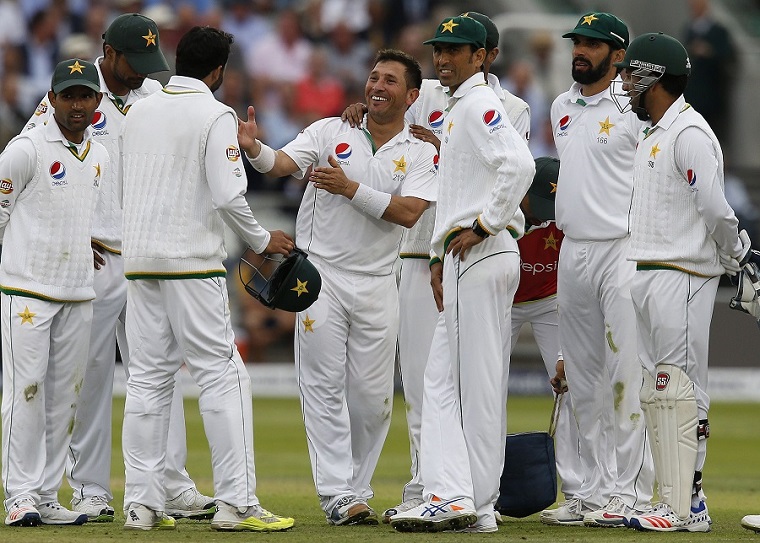
The healthy survival of humans is the first and foremost precondition for the development, progress and advancement of any country as ailing and weak people can never be capable to carry their country on the path of progress.
Actually, next to pollution-free air and clean potable water, food is the most important requirement for a healthy life. Therefore, every responsible country ensures food security for its citizens.
As for Pakistan is concerned, it has been abundantly blessed with fertile agricultural land, making it predominantly an agrarian country. Agriculture contributes almost 24% to the country’s total income. At the same time, it engages half of the labour power in its various productive phases. Agriculture yields like cotton, rice, sugar are export items bringing back the largest chunk of foreign exchange earnings to the country.
Despite having ample agrarian land and relevant produce, Pakistan has never been able to maintain an even food supply system for its populace. Consequently, a great portion of the population goes undernourished, especially, areas like Thar, where unfortunately a large number of under and malnourished children die every year.
It is because of poor planning and mismanagement that leads towards deprivation of the tillers of the land, getting the least benefit of their toil applied to the cultivation of food grain, cotton, sugarcane or vegetables. Whatever they invest in their lands is provided to them at mind-boggling rates. Basic seeds, diesel, machinery, fertilizers and pesticides cost them almost all of the previous years’ earnings. Moreover, a considerable portion of their profit is taken away by the middleman, traders, millers, exporters, local wholesalers, sugar mills and fabric factories. Leaving very little to make both ends meet.
The irony is that the farmers of food grain, cotton or sugarcane hardly afford to buy enough foodstuff, cloths and sugar at market price. The rates of those items are ever on the rise and skyrocketing, especially, in the holy month of Ramadan.
Nowadays, long queues of people can be seen outside utility stores just for buying two kg of sugar, that also, in a country which is one of the largest sugarcane growing countries in the world.
Fortunately, Pakistan has fertile lands and a well-developed irrigation system. If managed properly, there won’t be any shortage of irrigating water. For supplying and just distribution of water following measures need to be taken;
- Making sure that each province gets its due share as agreed in the 1991 water accord. And, also to ensure that, in every province, tailenders receive their proper share of water.
- All provinces need to construct small carryover dams for collecting and using rainwater for agricultural purposes in their respective provinces.
- All of the farmers, growers and tenants are facilitated to avail interest-free or soft term loans for buying basic seeds, fertilizers, pesticides and machinery required for cultivating their land.
- They are given direct and interference-free access to the market so that they are not fleeced by middleman and traders Mafia and get a proper and just price for their agricultural products. Otherwise, there produce to be bought directly by the relevant provincial or federal departments.
Consequently, the agriculture class will be prosperous and capable enough to buy and avail all necessities of life and have easy access to balanced and nutritious food. Having enough savings, they would build homes, educate their children and afford required medical services. Thus, a prosperous and food secure society will ultimately strengthen the country and make it an ideal place to live in.






